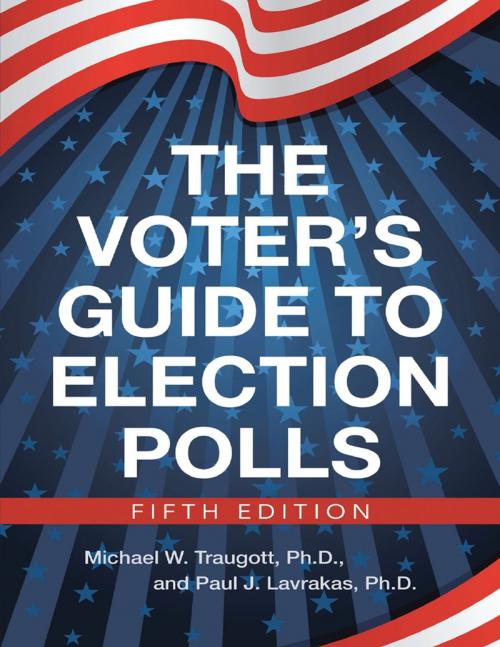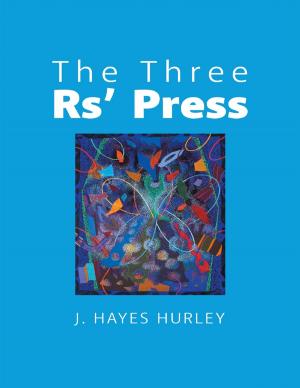The Voter’s Guide to Election Polls; Fifth Edition
Nonfiction, Reference & Language, Education & Teaching| Author: | Michael W. Traugott, Ph.D., Paul J. Lavrakas, Ph.D. | ISBN: | 9781483459158 |
| Publisher: | Lulu Publishing Services | Publication: | November 14, 2016 |
| Imprint: | Lulu Publishing Services | Language: | English |
| Author: | Michael W. Traugott, Ph.D., Paul J. Lavrakas, Ph.D. |
| ISBN: | 9781483459158 |
| Publisher: | Lulu Publishing Services |
| Publication: | November 14, 2016 |
| Imprint: | Lulu Publishing Services |
| Language: | English |
For the sixth presidential election running, Michael W. Traugott and Paul J. Lavrakas team up to give voters everything they need to know about election polls. When it comes to polls, the stakes are high, which is why this edition has been revised to incorporate information on the latest technologies used for data collection and data analysis. In straightforward language, the authors answer questions such as: • How do political candidates and organizations use poll data? • How do news organizations collect and report poll data? • Why do pollsters use samples? • How do media organizations analyze polls? They also examine common problems and complaints about polls, such as the increasing use of “push polls”—a political telemarketing technique—and polls conducted on the Internet that attract a large number of respondents who may not be representative of the general public.
For the sixth presidential election running, Michael W. Traugott and Paul J. Lavrakas team up to give voters everything they need to know about election polls. When it comes to polls, the stakes are high, which is why this edition has been revised to incorporate information on the latest technologies used for data collection and data analysis. In straightforward language, the authors answer questions such as: • How do political candidates and organizations use poll data? • How do news organizations collect and report poll data? • Why do pollsters use samples? • How do media organizations analyze polls? They also examine common problems and complaints about polls, such as the increasing use of “push polls”—a political telemarketing technique—and polls conducted on the Internet that attract a large number of respondents who may not be representative of the general public.















